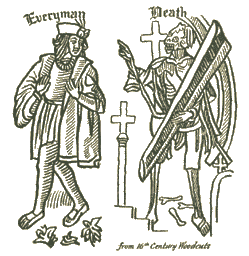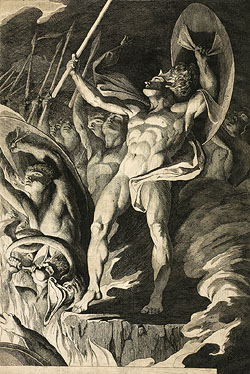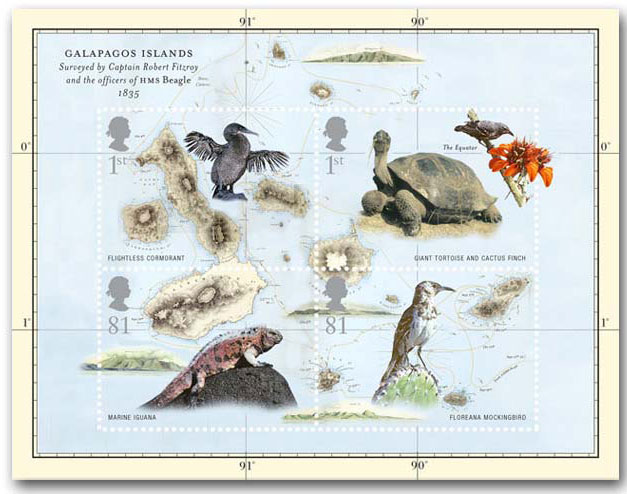HR100B: Ideas that Shaped the West
Fall 2010
Monday and Thursday 12:30-1:45
Wednesday 12:00-12:50
The Dying of Transcendence






Click here for the course syllabus.
Dr. Robert Epstein, English Office: Donnarumma Hall 120 E-mail: repstein@fairfield.edu Office Phone: (203) 254-4000, ext. 2787 Office Hours:
Meetings may also be arranged by appointment. |
Dr. Dennis Keenan, Philosophy Office: Donnarumma Hall 318 E-mail: dkkeenan@fairfield.edu Office Phone: (203) 254-4000, ext. 2558 Office Hours:
Meetings may also be arranged by appointment. |
DESCRIPTION AND GOALS
This course explores the
idea of the dying of transcendence from the 17th century to the 19th century,
and the way this idea shaped western thought.
GRADING SYSTEM
There will be two 7-page papers. Each paper will be an exercise in explaining and criticizing a variety of readings on a particular question considered in the course. YOU MUST RECEIVE APPROVAL FROM ONE OF THE PROFESSORS BEFORE YOU WRITE THE PAPER. IF YOU DO NOT RECEIVE APPROVAL, THE PAPER WILL NOT BE GRADED. The paper is to be 7 double-spaced, typed pages with standard (1") margins (6 pages is the minimum requirement). The paper should be clear, concise, well-ordered, and precise in its presentation. Grammar and spelling will be taken into account in the grading of the paper. LATE PAPERS WILL NOT BE GRADED. The paper is not a summary or a report. We expect your paper to explore a specific topic. This means that your paper must focus on a particular issue, problem, or critical point in the texts you choose. For example, if you choose to write on the shift from typological thinking to population thinking in evolutionary theory, a particular focus might be “How does the Shift from Typological Thinking to Population in Evolutionary Theory Change a Traditional Conception of God?” Your focus should be articulated in the form of a question, as in the example provided here. This question is to be both the title and the thesis of your paper. Your question must be examined critically. This means that the careful thinking you have done about your question should guide your analysis of the material. Your paper is, in effect, a response to your question. In addition, you should be able to formulate credible judgments about the material that reflect your understanding of it. We expect that your paper will be based solely on the texts on which you choose to write. We are most interested in the paper as a presentation of your own critical reflection.
There will be eight short in-class quizzes on the material covered in the assigned readings and the lectures. Each quiz will take approximately 10 minutes. Make-up quizzes will not be given. There will be an oral final exam.